Health
Liver Diseases & Causes of Liver Failure
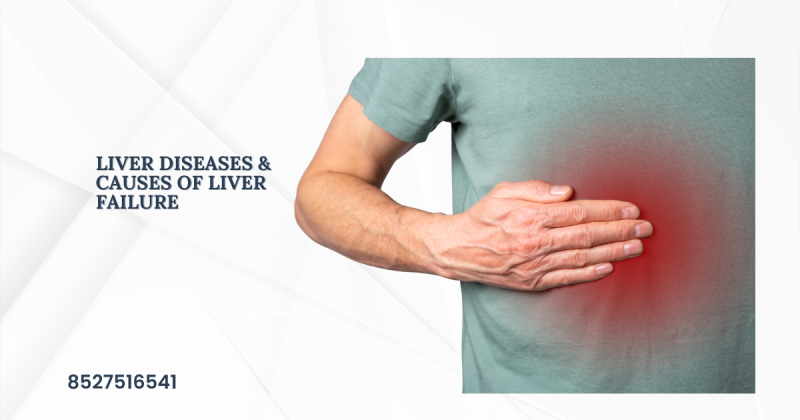
Introduction
Have you ever thought of your liver as a superhero silently working inside your body? This powerful organ detoxifies your blood, stores energy, aids digestion, and keeps you alive and healthy. But like any superhero, it too has weaknesses. When the liver is under attack by diseases, infections, or unhealthy lifestyle habits, it may start to fail.
In this article, we’ll explore liver diseases and the causes of liver failure, explained in simple language. Whether you’re someone curious about your health, caring for a loved one, or simply want to understand the risks, this guide will give you a clear picture.
Discover liver diseases, causes of liver failure, symptoms, and treatments. Learn why consulting the best liver transplant surgeon in India matters.
1. What is the Liver and Why is it Important?
Think of your liver as the body’s chemical factory. It’s located in the upper right part of your abdomen and performs over 500 vital functions.
Some key jobs of the liver include:
- Filtering toxins from blood
- Producing bile for digestion
- Storing vitamins and minerals
- Regulating blood clotting
- Converting food into energy
Without a healthy liver, your body would struggle to survive.
2. Common Liver Diseases You Should Know
There are several types of liver diseases. Some are caused by infections, others by lifestyle choices, and some by genetic factors. The most common include:
- Fatty Liver Disease
- Hepatitis (A, B, C, D, and E)
- Cirrhosis
- Liver Cancer
- Autoimmune Liver Disorders
3. Fatty Liver Disease – A Silent Threat
Fatty liver occurs when too much fat builds up inside liver cells. This condition often goes unnoticed because it doesn’t always cause symptoms in its early stages.
Types:
- Alcoholic Fatty Liver Disease (AFLD): Caused by heavy drinking.
- Non-Alcoholic Fatty Liver Disease (NAFLD): Linked to obesity, diabetes, and unhealthy diets.
If untreated, fatty liver can progress to inflammation, scarring, and eventually liver failure.
4. Hepatitis – The Viral Enemy
Hepatitis simply means inflammation of the liver. Viral infections are the most common cause.
- Hepatitis A: Spread through contaminated food and water.
- Hepatitis B: Spread through blood and bodily fluids.
- Hepatitis C: Mainly spread through contaminated needles or transfusions.
- Hepatitis D & E: Less common but also dangerous.
Chronic hepatitis can cause permanent liver damage and increase the risk of cancer.
5. Cirrhosis – Scarring of the Liver
Imagine your liver as a sponge. When damaged repeatedly, it develops scars that replace healthy tissue. This process is called cirrhosis.
Causes include:
- Long-term alcohol abuse
- Chronic viral hepatitis
- Fatty liver disease
Symptoms may not show up until the damage is severe, making early diagnosis crucial.
6. Liver Cancer – When Cells Turn Rogue
Sometimes, liver cells begin to grow uncontrollably, leading to liver cancer. Risk factors include hepatitis, cirrhosis, and obesity.
Early detection improves treatment outcomes, but unfortunately, liver cancer is often diagnosed late.
7. Genetic and Autoimmune Liver Disorders
Not all liver diseases are caused by lifestyle or infection. Some are inherited or linked to an overactive immune system.
Examples include:
- Hemochromatosis: Excess iron buildup in the liver.
- Wilson’s Disease: Copper accumulation in the body.
- Autoimmune Hepatitis: The immune system mistakenly attacks the liver.
8. What Causes Liver Failure?
Liver failure happens when the liver loses its ability to function properly. It can occur suddenly (acute liver failure) or gradually over years (chronic liver failure).
Major causes:
- Alcohol abuse
- Viral hepatitis
- Fatty liver disease
- Certain medications and toxins
- Genetic and autoimmune conditions
9. Symptoms of Liver Failure You Must Not Ignore
Your liver often suffers in silence. But when symptoms appear, they may include:
- Yellowing of skin and eyes (jaundice)
- Extreme fatigue
- Abdominal swelling
- Confusion and memory problems
- Easy bruising and bleeding
- Loss of appetite
Ignoring these warning signs can be life-threatening.
10. Lifestyle Choices that Harm the Liver
We often unknowingly damage our liver with everyday habits:
- Excessive alcohol consumption
- High-sugar and processed food intake
- Obesity and lack of exercise
- Overuse of painkillers or herbal supplements
- Unprotected sex or sharing needles (risking hepatitis)
11. How is Liver Disease Diagnosed?
Doctors use several methods to diagnose liver disease:
- Blood Tests: To check liver enzymes.
- Imaging Scans: Ultrasound, CT, or MRI to see liver structure.
- Liver Biopsy: A small tissue sample for detailed analysis.
Early diagnosis helps prevent progression to liver failure.
12. Treatment Options for Liver Diseases
Treatment depends on the type and stage of liver disease. Options may include:
- Lifestyle changes (healthy diet, quitting alcohol)
- Medications (antivirals for hepatitis, drugs for autoimmune conditions)
- Regular monitoring
- Surgery or liver transplant in severe cases
13. When Do You Need a Liver Transplant?
A liver transplant becomes necessary when the liver is too damaged to recover. It involves replacing the diseased liver with a healthy donor liver.
Conditions that may require a transplant:
- End-stage liver disease
- Acute liver failure
- Liver cancer not treatable by surgery
14. Finding the Best Liver Transplant Surgeon in India
India is recognized globally for advanced liver care and affordable treatment options. Choosing the best liver transplant surgeon in India can make all the difference in survival and recovery.
Qualities to look for:
- Experience in performing complex transplants
- Success rates of past surgeries
- Access to advanced medical technology
- Patient-centered care and support services
One of the leading names in this field is Dr. Neerav Goyal, known for his expertise, precision, and compassionate approach toward patients.
15. How to Keep Your Liver Healthy – Prevention Tips
Here’s how you can protect your liver:
- Maintain a healthy weight
- Eat a balanced diet rich in fruits, vegetables, and whole grains
- Exercise regularly
- Avoid excessive alcohol
- Get vaccinated against hepatitis A and B
- Avoid unnecessary medications and self-medication
- Go for regular health check-ups
16. Conclusion
Your liver is a lifeline organ that silently protects you every day. But when neglected, it can lead to serious diseases and even liver failure. By making small lifestyle changes, going for regular check-ups, and seeking expert medical care when needed, you can safeguard your liver health.
And remember, if liver failure reaches an advanced stage, consulting the best liver transplant surgeon in India could be the decision that saves a life.
17. FAQs
1. What are the early signs of liver disease?
Early signs include fatigue, loss of appetite, mild jaundice, and unexplained weight changes.
2. Can liver damage be reversed?
Yes, in early stages, fatty liver and hepatitis-related damage can be reversed with treatment and lifestyle changes.
3. How long can a person live with liver failure?
Life expectancy depends on the cause and stage. With timely treatment or transplant, many people live long, healthy lives.
4. Is liver transplant the only option for end-stage liver failure?
In most cases, yes. When the liver is beyond repair, a transplant is the only effective solution.
5. Who is considered the best liver transplant surgeon in India?
Several highly skilled surgeons practice in India, with Dr. Neerav Goyal being one of the most recognized experts in this field.
Source:
Click for the: Full Story
You might like

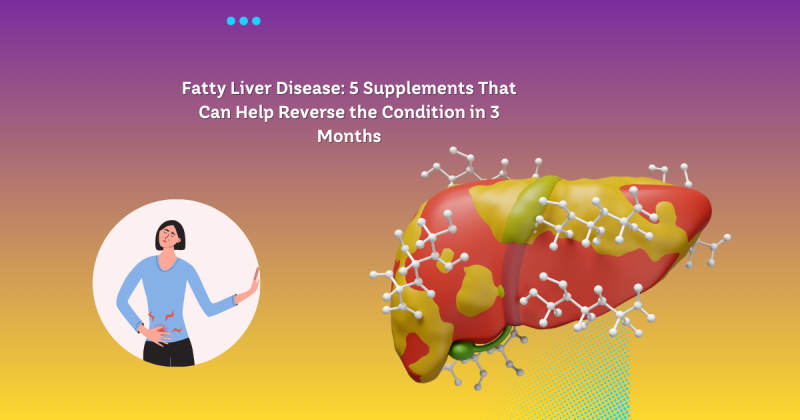

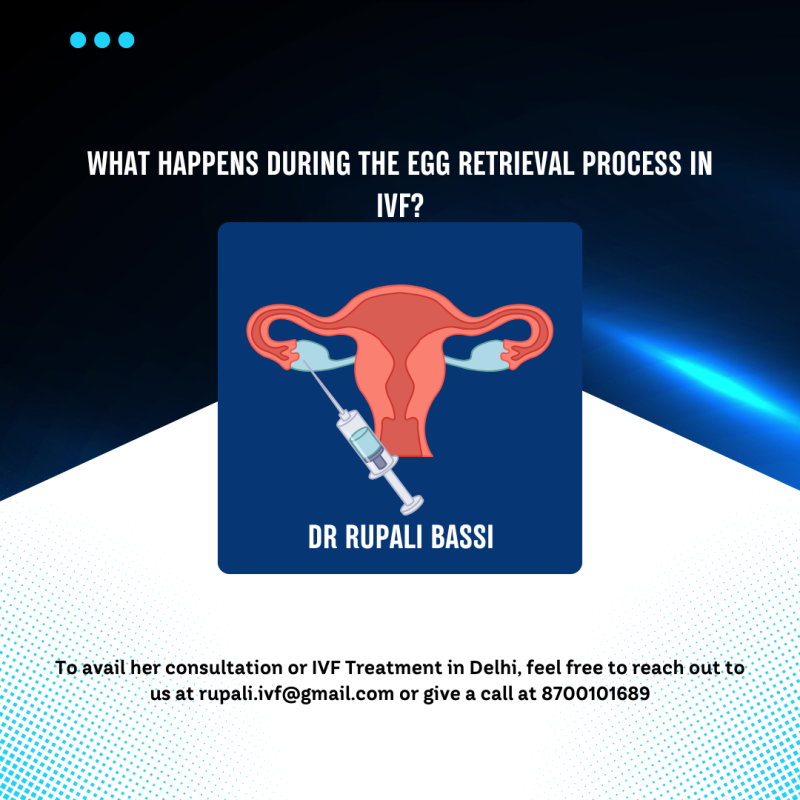
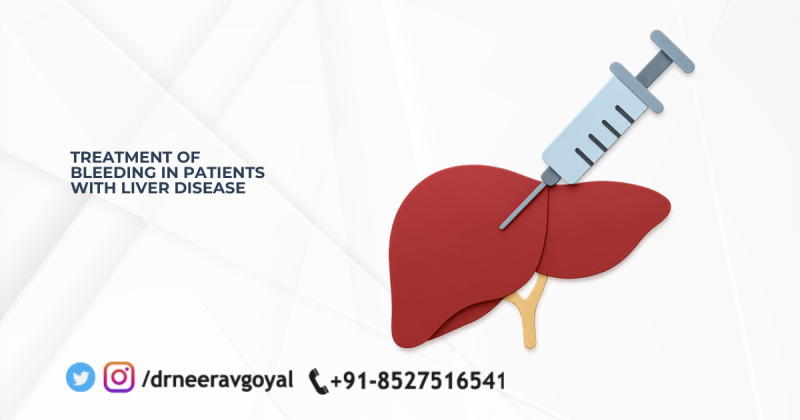


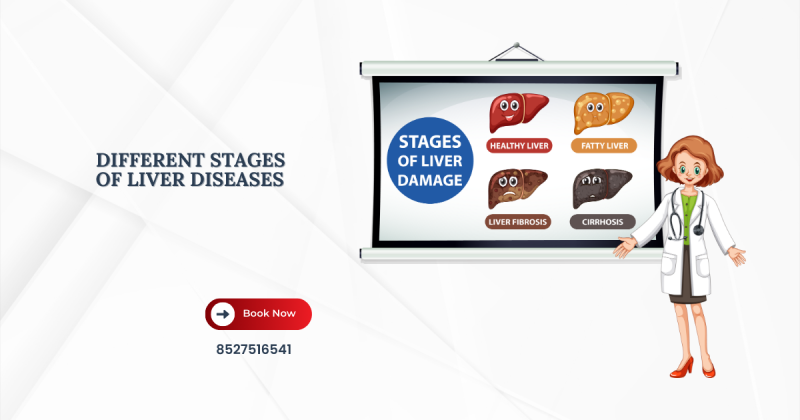





 Close Menu
Close Menu